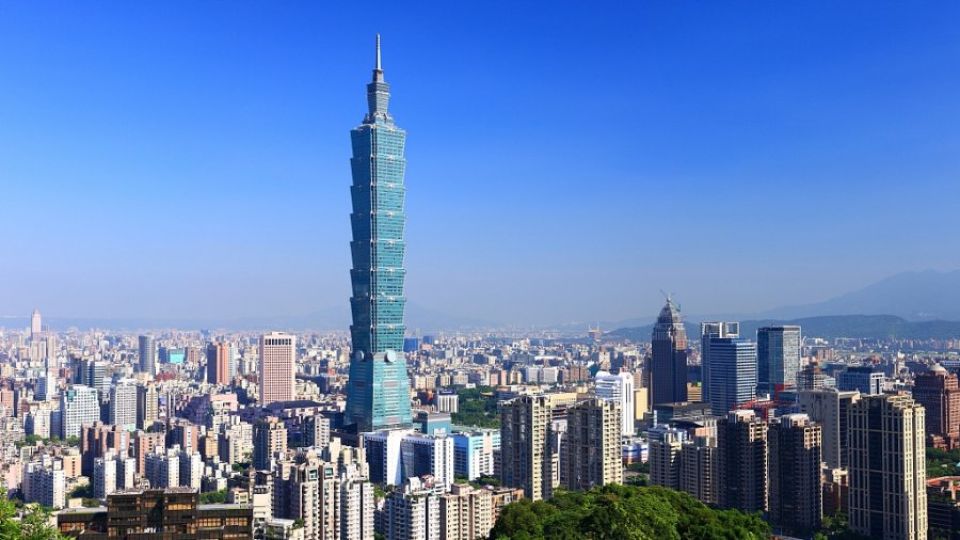November 10, 2023
BEIJING – Entry, exit procedures streamlined at crossings for Taiwan compatriots
Ten entry-exit measures will come into effect on Jan 1 to boost travel between the mainland and Taiwan and to deepen integrated cross-Strait development.
The Exit and Entry Administration of China’s Ministry of Public Security issued the measures on Monday. The measures are aimed at boosting travel between Fujian province and Taiwan, and facilitating Taiwan compatriots’ residence and daily lives in Fujian.
In September, China’s central government issued a document supporting making Fujian a demonstration zone for integrated development across the Taiwan Strait.
The latest measures optimize entry-exit policies to facilitate more streamlined cross-Strait travel and smoother customs clearance, the administration said.
According to the measures, Taiwan residents can apply for mainland travel permits via the exit-entry administration’s app or its mini-program in WeChat and Alipay, or entrust travel agencies to make the application. They can then retrieve the documents upon arrival at the port of entry.
They can apply for five-year mainland travel permits at the entry-exit administration agencies when arriving at the port of entry, and the permit will be mailed to the address provided by the applicants.
According to the measures, authorities on the mainland will offer Mandarin or Hokkien dialect for policy consultation and guidance, and provide 24-hour border inspection and customs clearance services for cross-Strait vessels.
In addition, to facilitate the life and work of talent from Taiwan in Fujian, they will be allowed to bring foreign domestic helpers with them, enabling such service personnel to enter and reside on the mainland.
Guo Zonglin, a student at Fujian Normal University from Taiwan, said the measures will make travel more convenient for him and his relatives.
Guo’s relatives and friends in Taiwan usually visit the mainland every year or two, and they hope to visit more frequently. Yet, factors such as difficulties with seniors traveling long distances and complicated permit applications sometimes affect their willingness, he said.
“After learning about the new policies, they told me that they will travel between the two sides more frequently,” he said.
The measures will also allow Taiwan compatriots who come to Fujian for short visits to access public services such as transportation, electronic payment and medical services with valid mainland travel permits.
Pu Sihui, who works for an information technology company in Fujian, said the expansion of the mainland travel permit will enable Taiwan compatriots to integrate into life on the mainland faster and better.
Pu came to Fuzhou with her parents in 2018 and has a Fuzhou hukou, or household registration. She said that due to current limitations, Taiwan residents with short-term mainland travel permits cannot enjoy some of the convenient services while on the mainland.
“Now we can use the mainland travel permit to enjoy the corresponding welfare rights and interests like mainland residents, which will give us a sense of belonging to the place,” she said, adding that some of her friends are also planning to apply for household registration in Fujian.
According to the administration, approvals for Taiwan compatriots applying to settle in Fujian will be shortened from 20 to 10 working days.
Wu Chia-ying, executive vice-president of the Association of Taiwan Investment Enterprises on the Mainland, said the measures reflect that the mainland has considered the needs of Taiwan compatriots.
“The more diversified ways to apply for mainland travel permits and less approval time will promote Taiwan residents’ willingness for cross-Strait travel and deepen the integrated development of Fujian and Taiwan,” he said.


